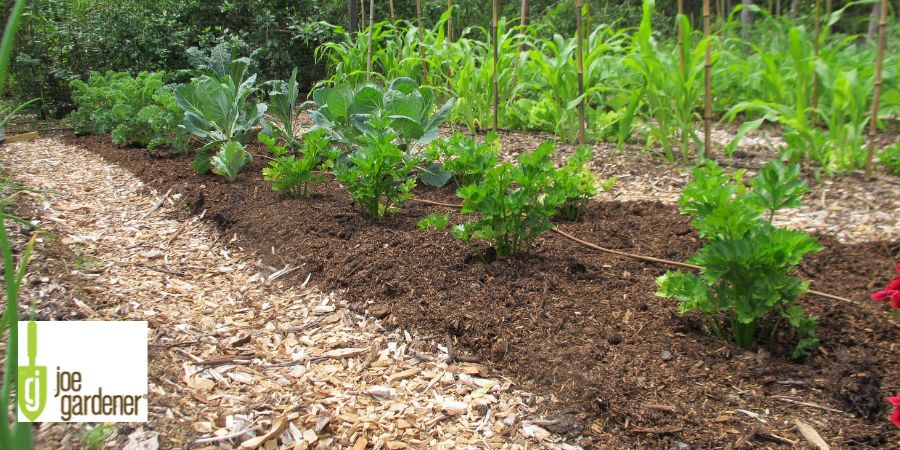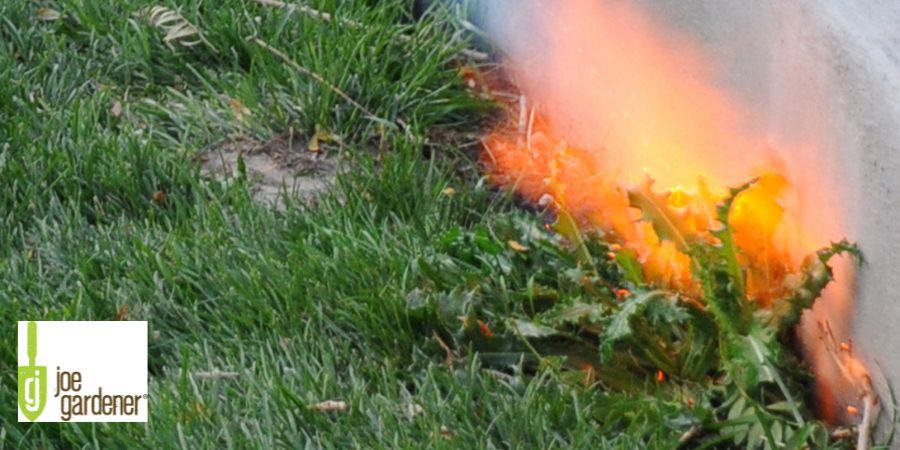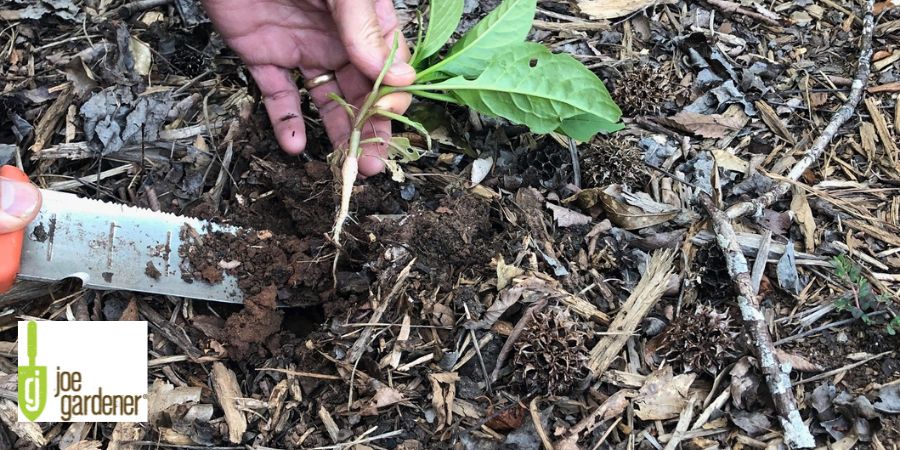Manage Garden Weeds Without Chemicals
- Gardening Expert and Host of Growing a Greener World®July 27, 2024
Imagine having a garden or landscape without the constant need to apply chemical herbicides every time you see a few weeds. It is entirely possible if you follow a few simple steps. While you will still encounter some weeds, these strategies will significantly reduce their number and impact.

1. Use Mulch to Suppress Weeds
A generous layer (generally between 2 and 4 inches) of mulch can be a gardener's best friend when it comes to weed control. It is mine! Whether it's in your landscape beds, raised beds, garden pathways, or elsewhere, mulch acts as a barrier that blocks sunlight, preventing weed seeds from germinating.
You can use various types of mulch, but my personal favorite is arborist wood chips. They're free and readily available. I always have a load dumped somewhere on my property to spread over areas needing weed suppression. Mulch not only shades out and covers dormant weed seeds but also enriches the soil as it decomposes, along with many other benefits.
2. Promote a Healthy Lawn
A healthy lawn can outcompete opportunistic weeds. Mowing your grass at the higher end of its recommended height range helps shade out weed seeds from germinating, and even when they do, many struggle to establish in the presence of a healthy stand of grass.
Additionally, using a slow-release, organically derived nitrogen-based fertilizer like Milorganite can improve your lawn's health. Healthier grass has deeper roots and is more drought-tolerant, reducing the need for water and giving weeds less of a chance to thrive.
3. Use Targeted Irrigation
Drip irrigation or soaker hoses are excellent for watering plants directly to a targeted area or narrow path while denying nearby opportunistic weeds the moisture they need to grow. Overhead watering casts a broader footprint, which can also benefit weeds, so using targeted irrigation systems in landscape and garden beds conserves water and keeps weeds at bay.

4. Try Flame Weeding
Flame weeding involves passing a flame briefly over a weed, destroying its vital tissues without setting it on fire. This method is effective for quickly killing weeds without chemicals. Remember, it's the brief high heat that kills the weed, not burning it.
5. Hand-Pulling Weeds
Hand-pulling weeds is my favorite method. It's 100% effective and can be a zen-like activity, especially early in the morning when the garden is peaceful. Try to pull weeds after a heavy rain when the soil is moist for easier removal.
If hand-pulling isn't for you, consider using tools. There are tools for standing or kneeling positions that help with extracting both surface-rooted and tap-rooted weeds. For surface-rooted weeds, a scuffle hoe or diamond hoe is my favorite tool of choice and works very well. For tap-rooted weeds, a long-handled fork tool can dig deep to remove the entire root, preventing regrowth.

6. Natural Sprays
Natural, organic sprays like diluted sprays of household vinegar (5% acetic acid) and sea salt can kill weeds. However, these should be used with caution. If not applied carefully, vinegar can harm you, your pets, and wildlife.
Sea salt is a safer alternative, but both it and vinegar will likely require repeated applications to be effective. Always follow recommended concentrations to protect yourself and nearby wildlife. Avoiding overspray and protecting the environment around your garden should always be top-of-mind.
By implementing these natural weed control methods, you can maintain a healthier garden with fewer weeds and without relying on harsh chemical herbicides. Embracing these natural strategies will help you create a more thriving, eco-friendly garden environment with fewer weeds. Happy gardening!

